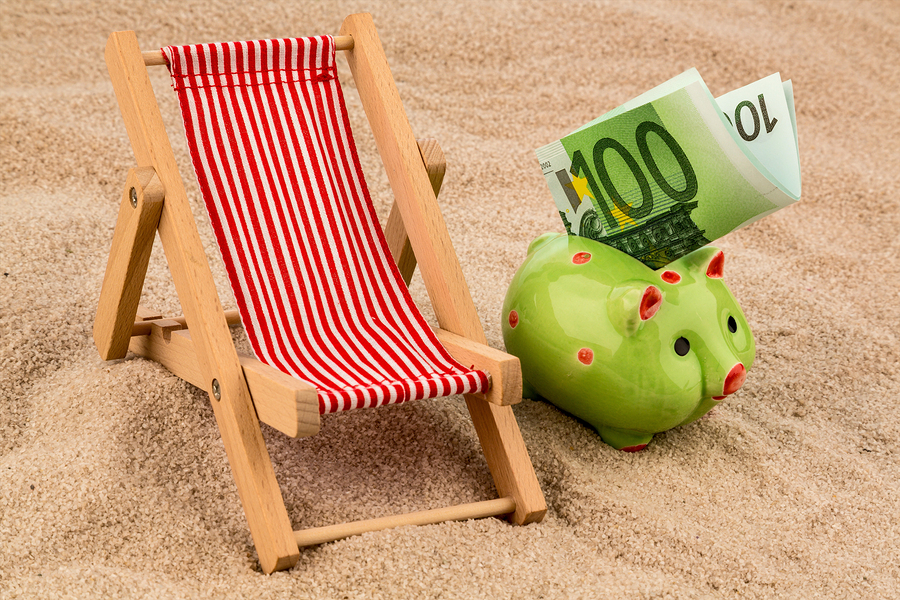Taking care of your travel money before you leave home
Holidays are meant to be a time for relaxation, but as we all know, getting there can be as stressful as our most high-pressurised working day.
As well as packing the correct amount and type of clothes for your location (breaks in Alaska and Alicante would require very different wardrobes), and knowing how to reach your accommodation when you get there, making the appropriate arrangements for your spending money is key.
Here are the most secure and cost-effective solutions for spending money abroad.
Ahead of the game
Holidays are like wars: the better prepared you are, the more successful that venture will turn out. In terms of getting your travel money together, there is one clear rule: make sure you have it in hand before you leave home, as the bureaux de change at airports or ferry ports are much more expensive. Foreign currency can be bought from banks, the Post Office, travel agents, some shops, online specialists and foreign exchange brokers.
Going online
Arranging your holiday money online is increasingly popular as it’s clearly more convenient than queuing up for an hour at your local Post Office, but it can also provide very competitive exchange rates which will ultimately make your budget spread further. You may understandably have security concerns when it comes to dealing with large lumps of cash online, but most firms will arrange for the package to be signed for and will only deliver to your home address. You could also check up on the history of the foreign exchange company you are dealing with to get a sense of their reliability.
Play your cards right
Choosing the right card to take with you can make your holiday much more enjoyable and could save you money. Before you go, make sure that there are no extra charges attached for using your card abroad and that your destination definitely accepts your card. The usual protections apply abroad as at home regards compensation for fraud and theft, but with debit cards, you won’t be covered for faulty or undelivered goods. Travellers’ cheques are still an option but pre-paid cards are now more popular. You simply fill up the cards with as much money as you want and spend away to your heart’s desire. The only real downside is that if you need to top up the card when you’re away, there will be a fee.
Cash backed?
Some people may still like to wander around on holiday carrying pockets of cash. This is probably not advisable in such an increasingly coin and note-free world, but it’s not a bad idea to take a mix of payment types out with you, and having some bits of change are fine if you don’t want to get your card out for every little purchase.
In the loop
If you’re using plastic, make sure you have a 24-hour phone number of the card company in the event of something going horribly wrong. And also make sure you tell your bank that you’re going away or they may block any activity on your card abroad as they will assume that it’s being used for all the wrong reasons by the wrong people.
From your own experience, do you have a top tip for holiday budgeting?
Rachel - Silversurfers Assistant Editor
Latest posts by Rachel - Silversurfers Assistant Editor (see all)
- Elton John’s Greatest Hits Playlist - March 24, 2025
- The best of Liza Minnelli - March 11, 2025
- Shrove Tuesday traditions - March 3, 2025
- Sweet & Savoury Pancakes for Shrove Tuesday - March 1, 2025
- 5 romantic films to revisit this Valentine’s Day - February 12, 2025




















